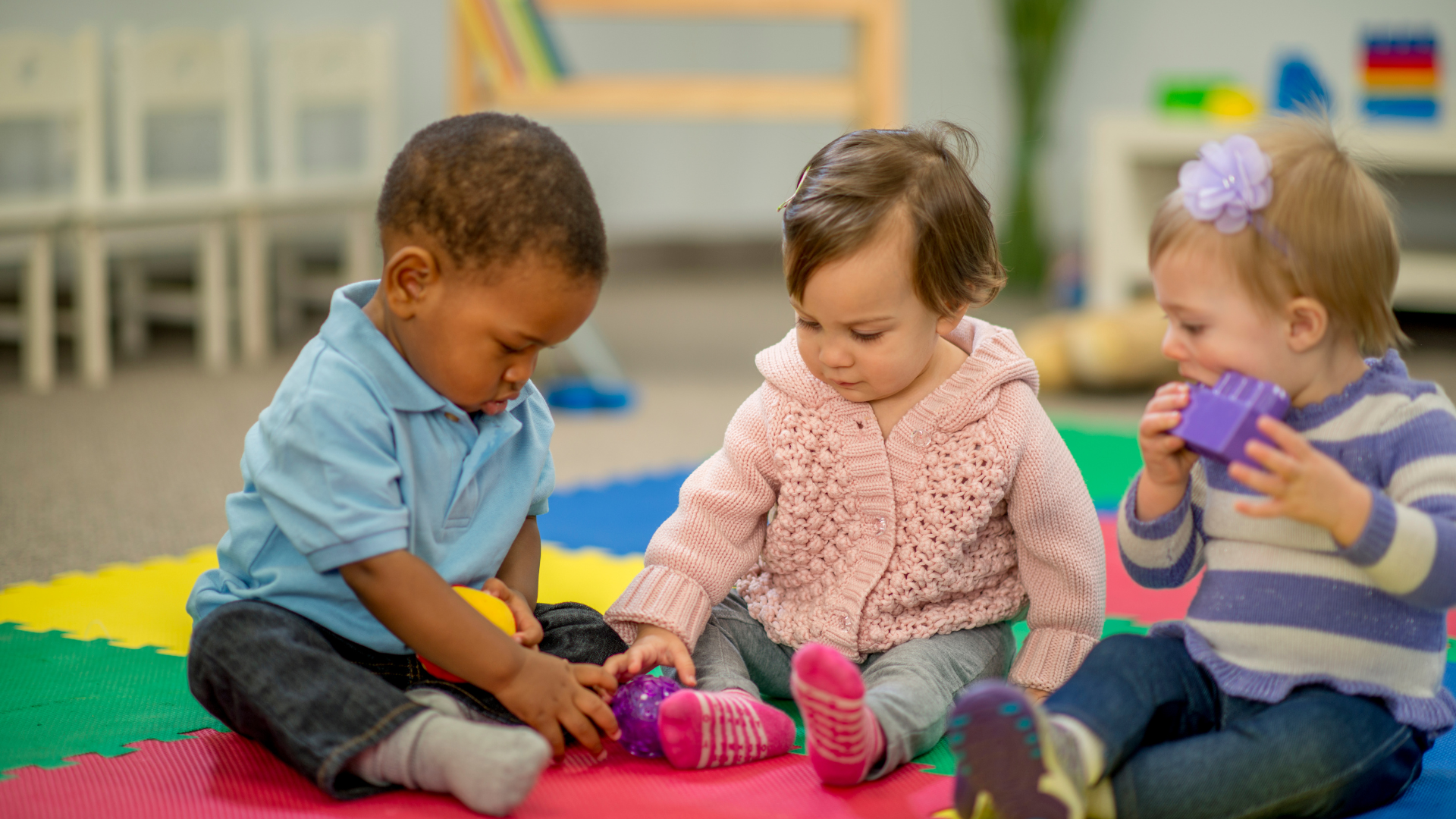How Parental Emotional Intelligence Shapes The Emotional Intelligence Of Children

Children learn more from what their parents do than from what they say. This principle is especially true when it comes to emotional intelligence (EQ). As children observe and interact with their parents, they develop the foundations for understanding, expressing, and managing their own emotions. A parent’s level of emotional intelligence can profoundly shape their child’s emotional development, influencing how they navigate relationships, handle challenges, and express themselves.
Here’s how parental EQ plays a critical role in nurturing emotionally intelligent children, supported by practical examples.
What is Parental Emotional Intelligence?
Parental emotional intelligence refers to a parent’s ability to:
- Recognize and understand their own emotions.
- Manage their emotional responses effectively.
- Empathize with their children’s feelings.
- Model appropriate emotional and social behaviors.
When parents demonstrate these skills, they create a nurturing environment where emotional intelligence can flourish in their children.
The Connection Between Parental EQ and Children’s EQ
1. Modeling Emotional Regulation:
Children often mirror their parents’ behavior. When parents remain calm during stressful situations, children learn that they, too, can handle challenges without becoming overwhelmed.
Example: A parent stuck in traffic who says, “I feel frustrated right now, but I’ll take deep breaths to stay calm,” teaches their child how to regulate emotions. The child learns that frustration is natural but manageable.
2. Teaching Empathy:
Parents with high EQ actively empathize with their children’s feelings, helping them understand and process their emotions.
Example: When a child is upset after losing a game, a parent might say, “I know it’s disappointing to lose. I’ve felt that way too. It’s okay to feel sad for a little while, and then we can try again next time.” This response validates the child’s emotions and encourages resilience.
3. Encouraging Open Communication:
Emotionally intelligent parents create a safe space for children to express their feelings without fear of judgment or dismissal.
Example: Instead of saying, “Stop crying; it’s not a big deal,” a parent might ask, “What’s making you feel upset? Let’s talk about it.” This approach encourages children to articulate their emotions and seek constructive solutions.
4. Guiding Problem-Solving:
High-EQ parents’ guide children in finding solutions to emotional and social challenges, fostering independence and confidence.
Example: If a child is upset because a friend didn’t share a toy, the parent might ask, “How do you think you could tell your friend how you feel?” This helps the child develop communication and conflict-resolution skills.
5. Setting Emotional Boundaries:
Parents with strong EQ teach their children that all emotions are valid, but certain actions are not acceptable.
Example: If a child lashes out in anger, an emotionally intelligent parent might say, “It’s okay to feel angry, but it’s not okay to hit. Let’s find another way to show how you’re feeling.”
How Parental EQ Impacts Long-Term Outcomes
- Stronger Parent-Child Bonds: Children feel secure and valued when parents respond empathetically, strengthening trust and communication.
- Improved Social Skills: Children exposed to emotionally intelligent parenting are more likely to navigate friendships and group settings successfully.
- Higher Resilience: By observing how their parents manage setbacks, children learn to cope with challenges in healthy ways.
- Better Academic and Career Success: Emotional intelligence lays the groundwork for focus, collaboration, and perseverance—all critical skills for long-term success.
Steps to Enhance Parental Emotional Intelligence
- Practice Self-Awareness:
Take time to recognize and label your own emotions. This helps you respond thoughtfully rather than react impulsively. - Manage Stress Effectively:
Use strategies like deep breathing, mindfulness, or exercise to handle stress and model calm behavior for your children. - Seek to Understand Your Child’s Emotions:
Pay attention to your child’s verbal and non-verbal cues, and make an effort to empathize with their experiences. - Be Open About Your Feelings:
Share your emotions with your children in age-appropriate ways. This normalizes discussing feelings and encourages them to do the same. - Invest in EQ Development Resources:
Programs and workshops focused on emotional intelligence can benefit both parents and children by providing tools to navigate emotions effectively.
The Legacy of Parental EQ
Parental emotional intelligence is a gift that keeps giving. By modeling empathy, resilience, and self-regulation, parents set their children up for emotional, social, and academic success. In a world that increasingly values EQ, the skills parents impart today will equip their children to thrive tomorrow.
Empower Your Family with the EQ4Kids Programme
Want to give your child the best start in developing emotional intelligence? The EQ4Kids Programme provides a supportive and engaging environment where children and parents alike can learn the skills to manage emotions, improve relationships, and build resilience. Start shaping your child’s emotional future—enroll today!
Share Post
Complete the following form if you require more info about EQ4kids or want to enroll your child at your nearest Franchise.
Blog Enquiry









